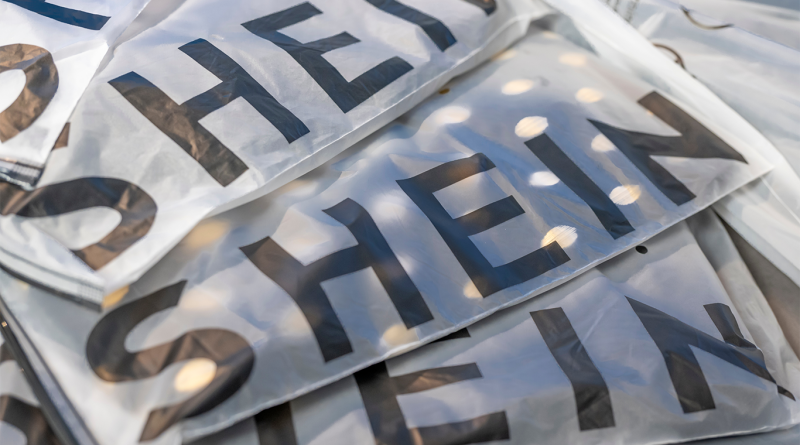Fast-Fashion Under Fire: Shein Accused of ‘Wilful Ignorance’
Known for its ultra-low-cost apparel and rapid production cycle, Shein has often faced criticism regarding sustainability and labor practices. Recently, the company found itself in the spotlight during a British parliamentary hearing, where its representative repeatedly dodged questions about the sourcing of cotton tied to forced labor allegations in China’s Xinjiang region. This refusal to provide clarity has intensified scrutiny of the brand’s supply chain practices, raising questions about its commitment to ethical operations.
Shein’s supply chain ethics under scrutiny
In a January 7, 2025, parliamentary session, Shein’s General Counsel for Europe, the Middle East, and Africa, Yinan Zhu, faced tough questions from lawmakers. The inquiry revolved around whether Shein uses cotton sourced from Xinjiang, a region linked to forced labor practices involving the Uyghur population. Instead of offering transparent answers, Zhu repeatedly avoided confirming or denying the company’s use of Xinjiang cotton.
This lack of clarity drew sharp criticism from MPs, particularly from committee Chair Liam Byrne, who expressed frustration at what he described as Shein’s ‘wilful ignorance’ regarding the integrity of its supply chains. Byrne stated, “You’ve given us almost zero confidence in the integrity of your supply chains,” highlighting the gravity of the situation.
Despite claiming a zero-tolerance policy on forced labor, Shein has yet to provide concrete evidence demonstrating compliance with ethical sourcing standards. The company’s evasiveness has only fueled concerns about its labor practices.
Broader implications of forced labor in the fashion industry
The controversy surrounding Shein sheds light on a broader issue plaguing the fast-fashion industry: the prevalence of forced labor in supply chains. Xinjiang, a major global cotton supplier, has been at the center of allegations of human rights violations against the Uyghur population. Reports indicate that forced labor is a common practice in the region, with workers coerced into agricultural and manufacturing jobs under inhumane conditions.
For brands like Shein, sourcing from Xinjiang poses significant reputational risks. While the company claims to uphold ethical standards, its lack of transparency raises questions about its oversight mechanisms. Shein’s refusal to clarify its sourcing practices suggests systemic challenges in verifying the origin of raw materials in a vast and complex supply chain.
This issue is not isolated to Shein. Many fast-fashion companies have been criticized for prioritizing cost efficiency over ethical accountability. With the global demand for cheap, trendy clothing at an all-time high, brands often rely on opaque supply chains that obscure unethical practices.
IPO ambitions versus ethical accountability
Shein’s ambitions to go public on the London Stock Exchange, with a potential valuation of £50 billion, come at a precarious time. Investor confidence is increasingly tied to a company’s adherence to ESG (Environmental, Social, Governance) criteria. Allegations of forced labor in the supply chain not only undermine Shein’s reputation but also pose significant risks for its IPO.
Regulatory hurdles are another potential obstacle. The UK Modern Slavery Act and similar legislation worldwide require businesses to demonstrate robust measures against forced labor. Failure to comply could result in legal repercussions and exclusion from public markets.
Investors are growing wary of companies that fail to meet ethical standards, as the public backlash can lead to financial instability. Shein’s evasive responses during the parliamentary hearing may deter potential backers, who prioritize transparency and accountability. If Shein cannot address these concerns convincingly, its IPO aspirations may falter under the weight of public and regulatory scrutiny.
The growing demand for transparency in fashion
The rising scrutiny of Shein reflects a larger trend: consumers and regulators demanding greater accountability from the fashion industry. Modern consumers, particularly younger generations, are increasingly prioritizing ethical and sustainable practices when choosing brands. This shift is evident in the growing popularity of companies that are transparent about their sourcing and labor practices.
Governments and NGOs are also amplifying the call for transparency. In regions like the UK, legislation such as the Modern Slavery Act requires companies to disclose their efforts to combat forced labor in their supply chains. Advocacy groups are further pressuring global brands to adopt third-party audits and certifications to ensure compliance with labor standards.
Sources:
